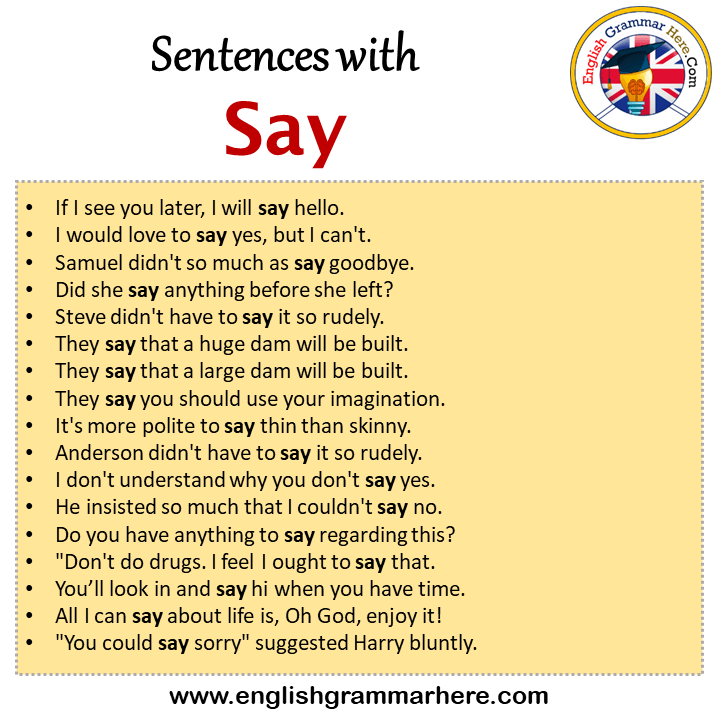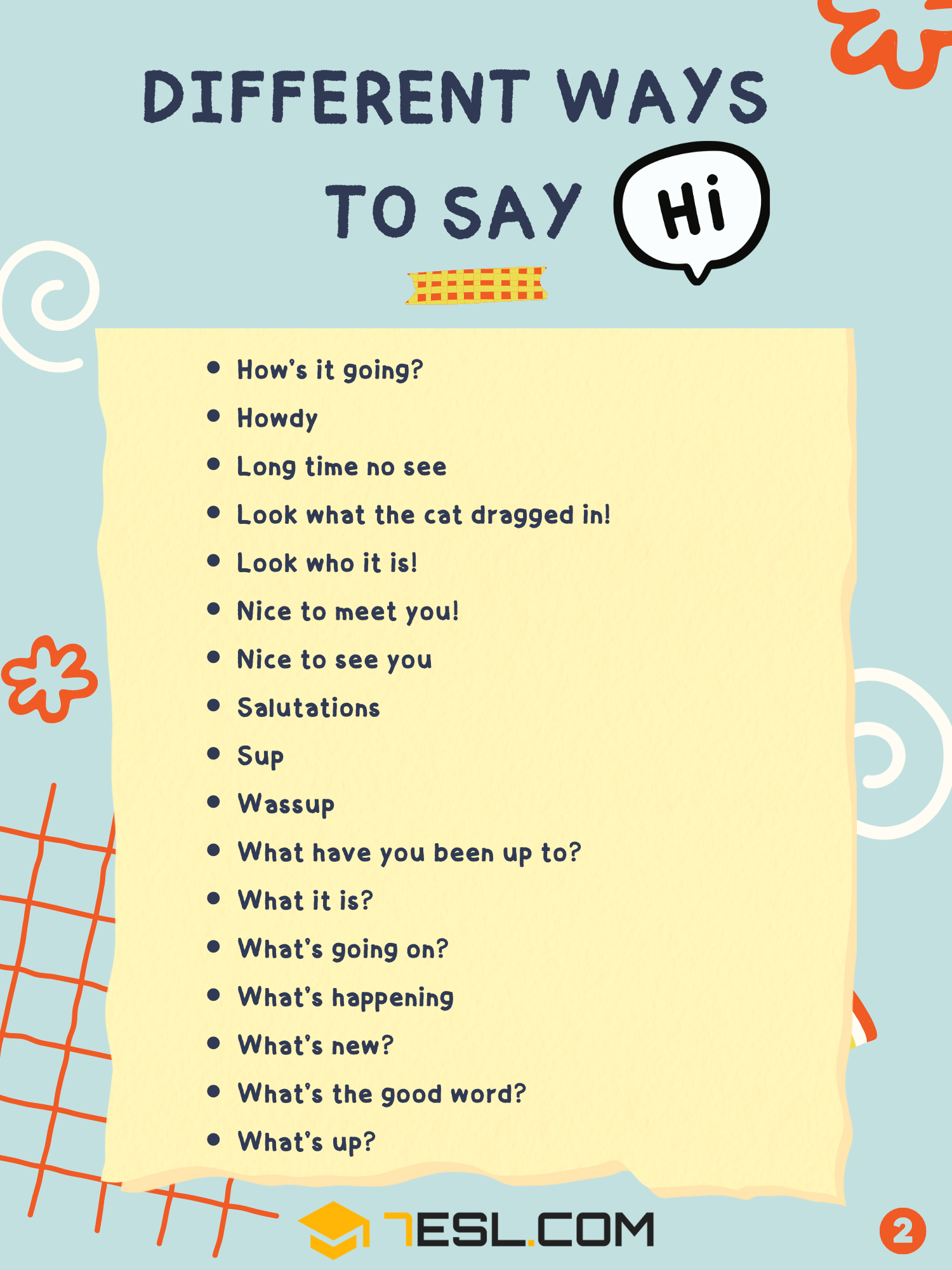Unpacking The "Say Drake, I Heard You Like 'Em Young" Meme: A Linguistic And Cultural Exploration
In the vast, ever-evolving landscape of the internet, memes serve as a unique form of communication, condensing complex ideas, shared sentiments, or inside jokes into easily digestible and highly shareable formats. They are the digital whispers that turn into roars, the collective consciousness finding its voice. Among the myriad of viral sensations, certain phrases embed themselves deeply into the cultural lexicon, sparking conversations, laughter, and sometimes, controversy. One such phrase that has permeated online discourse, particularly concerning the acclaimed rapper Drake, is the provocative "Say Drake, I heard you like 'em young."
This seemingly simple line, often delivered with a knowing smirk or a pointed accusation, has become shorthand for a specific critique aimed at the artist. But beyond its immediate humorous or critical intent, this meme, like many others, hinges entirely on the fundamental act of communication – the act of 'saying'. In this article, we'll delve into the origins and impact of this particular meme, and more importantly, explore the profound linguistic versatility of the word "say" that gives this viral sensation, and indeed much of our daily communication, its power and meaning.
The Origin Story: How a Phrase Becomes a Phenomenon
From Whispers to Viral Waves
The "Say Drake, I heard you like 'em young" meme didn't emerge from a vacuum. It's rooted in public discussions and media scrutiny surrounding Drake's past romantic relationships, some of which involved women significantly younger than him at the time. These relationships, often publicized and debated on social media, fueled a narrative that eventually coalesced into this pithy, accusatory phrase. The internet, acting as a collective observer and commentator, began to "say" things about Drake's perceived preferences.
The phrase's power lies in its directness. It's not a question, but an assertion, a declaration of a widely held (or at least widely discussed) opinion or observation. It's the internet having its "say" about a celebrity's private life, transforming individual whispers into a viral wave of collective commentary. This phenomenon highlights how digital platforms enable a rapid and widespread dissemination of thoughts and opinions, effectively allowing millions to "express in words" a shared sentiment.
The Power of a Simple Statement
Why did this particular phrase stick? Its effectiveness comes from its ability to immediately convey a specific criticism or observation without needing extensive context for those familiar with the ongoing discussions around Drake. It "states" an opinion or a perceived fact with an almost casual authority. The phrase is often used humorously, but it also carries an underlying critical tone, demonstrating how a simple "saying" can encapsulate complex social commentary. It's a prime example of how people "make known or utter in" a concise form what they believe or observe.
"Say": A Linguistic Exploration at the Heart of Communication
The very foundation of the meme, "Say Drake," draws our attention to the word "say" itself – a word so fundamental to human interaction, yet rich with layers of meaning and usage. As the Oxford Advanced Learner's Dictionary notes, the definition of "say" (verb) is to "express in words." But its utility extends far beyond this basic understanding.
The Multifaceted Meanings of "Say"
Let's explore the diverse applications of "say," drawing from linguistic insights:
- To Express Thoughts, Opinions, or Suggestions: At its core, "say" is about conveying what's on one's mind. Whether it's a casual remark or a profound declaration, we "say" what we think. For example, "I say, let's forget this whole business" declares an opinion or suggestion.
- To State a Fact or Information: "Say" can also be used to present information as factual. "To state positively, with assurance, or as an opinion" is one definition. This is crucial in the meme's context, as it presents a perceived fact about Drake.
- To Pronounce Words or Sounds: This is the most literal meaning – the physical act of uttering sounds. Every time the meme is spoken aloud, this meaning comes into play.
- To Have a Turn or Chance to Speak: The noun form of "say" refers to one's opportunity to contribute to a conversation. As in, "Having had my say, I sat down." The meme itself represents the internet's "turn to say something."
The Oxford English Dictionary (OED) lists multiple meanings for "say," highlighting its historical depth and semantic breadth. As a verb, it "refers to expressing something through spoken words or in written form. It involves conveying thoughts, opinions, information, or instructions by uttering or writing them down." This broad definition encapsulates everything from a simple greeting to a complex argument.
"Say" as Influence and Authority
Beyond mere expression, "say" also carries connotations of influence and decision-making. The phrase "the right or power to influence or make a decision" directly relates to the impact of public opinion. When "citizens have a say in the councils of government," it signifies their ability to influence outcomes. Similarly, when the internet "says" something about a celebrity, it collectively exercises a form of influence over public perception and the celebrity's image. The desire "All I want is some say in..." perfectly captures the human need to express an opinion and have it considered.
Synonyms and Nuances: What "Say" Implies
The richness of "say" is further illuminated by its synonyms: "state," "tell," "express in words," "declare," "utter," "speak," "discuss," "share," "give." Each synonym adds a slightly different shade to the core meaning of conveying information. For instance, "declare" implies a more formal or emphatic statement, while "tell" often suggests imparting information to someone specific.
Conversely, the concepts related to *not* saying, or challenging what is said, also highlight its importance: "suppress," "stifle," "doubt," "question," "wonder (about)," "challenge," "disagree (with)." The very existence of the "Say Drake..." meme implies a challenge or a questioning of a public figure's actions, demonstrating the internet's ability to "disagree (with)" or "question" narratives.
When Memes "Speak": How Digital Culture Exercises its "Say"
The Collective "Say" of the Internet
Memes are, in essence, a modern form of collective "saying." They allow millions of individuals, often anonymously, to "utter, express, declare, or pronounce in words" a shared sentiment, be it humor, critique, or observation. The "Say Drake, I heard you like 'em young" meme is a direct "statement" from the internet to a public figure, a clear example of how digital culture can collectively "make known or utter in" a specific context. It's "now my say" for countless individuals to participate in a cultural commentary.
The Impact of What We "Say" Online
The consequences of these online "statements" are far-reaching. They can shape public perception, influence celebrity responses, and fuel ongoing debates. The meme, by "stating" a controversial opinion, forces a conversation. It's a testament to the power of a simple phrase, amplified by digital platforms, to influence discourse. This underscores the responsibility that comes with having a "say" in the digital age, as words, once uttered or written online, can echo indefinitely and impact reputations and narratives.
Conclusion: The Enduring Echo of "Say"
The "Say Drake, I heard you like 'em young" meme is more than just a fleeting internet joke; it's a fascinating case study in how language, particularly the versatile word "say," underpins our digital interactions. It demonstrates how a simple phrase can encapsulate complex cultural critiques, how the internet collectively exercises its "say," and how words, once expressed, can shape narratives and perceptions.
From expressing a thought to influencing a decision, "say" is a cornerstone of human communication. The meme, by directly addressing Drake with a "say," exemplifies the act of conveying an opinion or perceived fact. It highlights how the internet, through its vast network, allows millions to "have their say" on any topic, turning individual expressions into a powerful collective voice. Ultimately, the enduring resonance of this meme, like all effective communication, lies in its ability to powerfully and concisely "say" something that resonates with a broad audience.

What did you say?

English Grammar Here - Page 589 of 995 - Grammar Documents and Notes

Hi! 50+ Creative Ways to Say "Hi" in English (Formal and Informal) • 7ESL